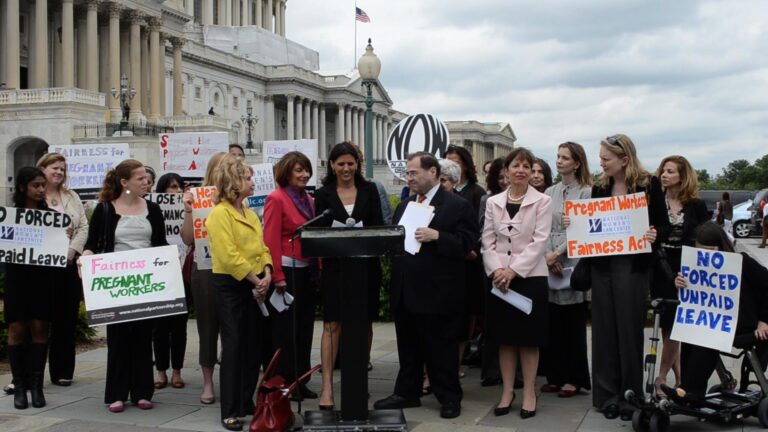The New York Times reports on an announcement by the Obama Administration that it would provide financial assistance to certain health insurance companies to offset potential losses caused by the administration’s recent decision to allow insurers to renew their current policies for another year–even if those current policies do not meet the minimum requirements of the Affordable Care Act. The administration also announced a proposal to exempt certain health plans sponsored by labor unions from new fees imposed on insurance companies and on many self-insured group health plans. Labor unions have lobbied heavily for this exemption, arguing that the fees would be highly disruptive to Taft-Hartley plans administered jointly by labor and management.
Illinois lawmakers will vote today on a plan to solve the state’s $100 billion pension crisis, reports the Washington Post. The plan could deeply reduce the retirement benefits of hundreds of thousands of workers, and is staunchly opposed by labor unions. Illinois has one of the worst-funded pension systems of any state in the nation, largely because the state has regularly failed to make its full payments to the funds for decades.
The Washington Post also reports on a preliminary vote scheduled for today in the D.C. Council to increase the District’s minimum wage to $11.50 an hour. Democratic mayor Vincent Gray supports raising the minimum wage from its current $8.50 to a maximum of $10.00 an hour, but the minimum wage bill already has enough support to override a potential mayoral veto. Washington Post columnist Petra Dvorak writes an opinion piece in support of the D.C. Council’s proposed wage increase here.
Global manufacturing activity sped up in November, raising hopes for a broader global economic turnaround in the coming year, reports the New York Times. In the United States, factories are producing at the fastest pace since 2011. A separate survey by the government also showed that construction spending is on the rise in the U.S, much of it due to a surge in government-funded construction.
The Wall Street Journal reports on a minimum wage increase in Bangladesh that kicked in over the weekend, benefiting millions of Bangladeshi garment workers. The minimum wage is now around $67 a month, comparable to the minimum wages in India, Sri Lanka, and Cambodia. Factory owners complain that the increase will reduce the competitiveness of Bangladeshi factories.






Daily News & Commentary
Start your day with our roundup of the latest labor developments. See all
May 9
Philadelphia City Council unanimously passes the POWER Act; thousands of federal worker layoffs at the Department of Interior expected; the University of Oregon student workers union reach a tentative agreement, ending 10-day strike
May 8
Court upholds DOL farmworker protections; Fifth Circuit rejects Amazon appeal; NJTransit navigates negotiations and potential strike.
May 7
U.S. Department of Labor announces termination of mental health and child care benefits for its employees; SEIU pursues challenge of NLRB's 2020 joint employer rule in the D.C. Circuit; Columbia University lays off 180 researchers
May 6
HHS canceled a scheduled bargaining session with the FDA's largest workers union; members of 1199SEIU voted out longtime union president George Gresham in rare leadership upset.
May 5
Unemployment rates for Black women go up under Trump; NLRB argues Amazon lacks standing to challenge captive audience meeting rule; Teamsters use Wilcox's reinstatement orders to argue against injunction.
May 4
In today’s news and commentary, DOL pauses the 2024 gig worker rule, a coalition of unions, cities, and nonprofits sues to stop DOGE, and the Chicago Teachers Union reaches a remarkable deal. On May 1, the Department of Labor announced it would pause enforcement of the Biden Administration’s independent contractor classification rule. Under the January […]